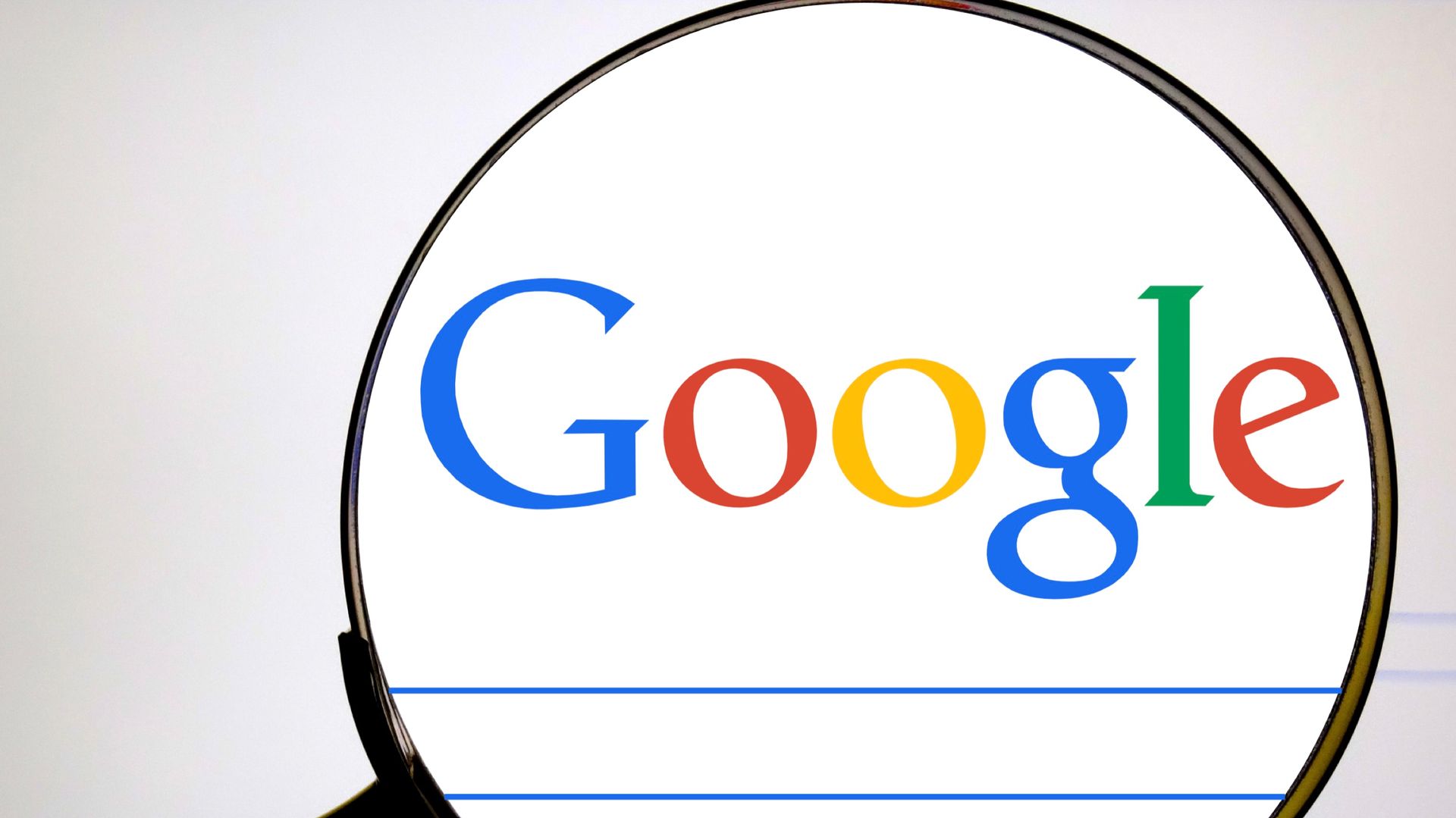Leadership in an Age of Interdependence
In my last post, I mentioned that leaders need to continually reinvent their approach to leading change due to the digital revolution. Consider that people now have more at their fingertips than ever before thanks to GOOGLE and the internet engine that powers it. Instead of taking our cues from established leadership, we're empowered to make our own decisions.
In this age of interdependence,* Barbara Kellerman argues that power is more diffuse, “[trickling] down, away from leaders and toward followers.” She observes that followers are “less likely now than they were in the past” to follow orders without questions, to never voice opinions, and to “know their place.” People want to know the ‘why’ behind orders given, they want to share their opinions, and they need discernment and guidance in discovering the place where they can best serve and find fulfillment.
Leaders make grave mistakes when they do not pay attention to or take seriously their followers. In the older paradigms of hierarchical leadership, information flowed from the top down, and followers typically complied. Leaders often led from the perspective of win-lose (which is, “I win, you lose”) rather than win-win (which is, “We both win!—Let’s discover a solution or third alternative that allows both of us to win!”).
Writing much on this subject, Stephen Covey stated that “the new manager is moving away from confrontational dialogue to empathic dialogue, from retaining power to sharing power, from adversarial relationships (or win-lose) to collaborative relationships based on mutual interests (which is, win-win).”
Change best occurs in the context of partnership when all parties affected by it are allowed to collaborate on the “how,” the “when,” and the “where” of the change effort. Effective leadership then, especially in environments where complex change has become the new normal, is dependent on influencing outside the older paradigms of management and control.
So how do you lead? Are you a good listener? A collaborator? Do you really believe that you need your people's input—that their contributions will help you make better decisions?
*Author Stephen Covey of ‘The 7 Habits of Highly Effective People’ captures the essence of interdependence (mutual dependence) in three of his habits: #4) Think Win-Win, #5) Seek first to understand, then to be understood, and #6) Synergize.















